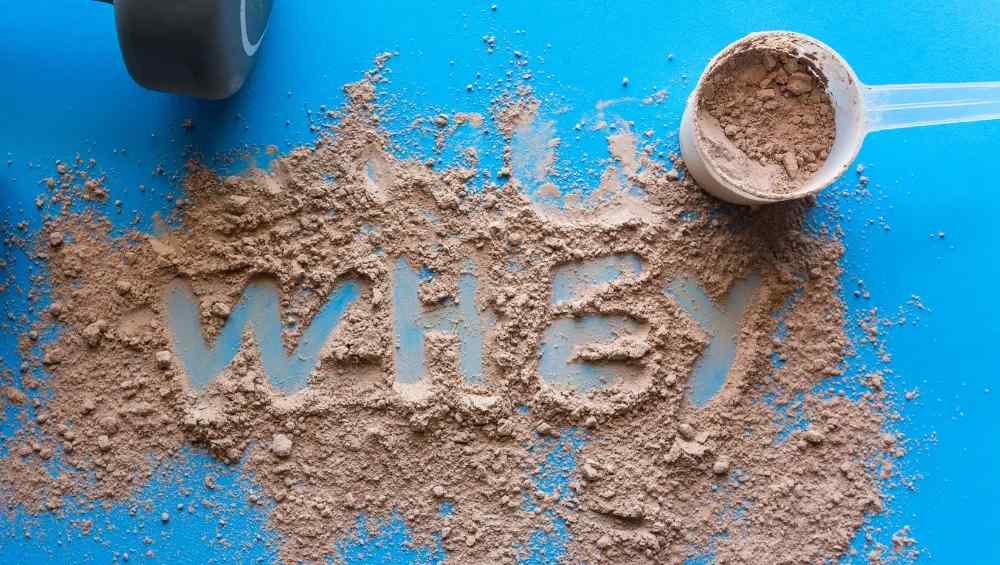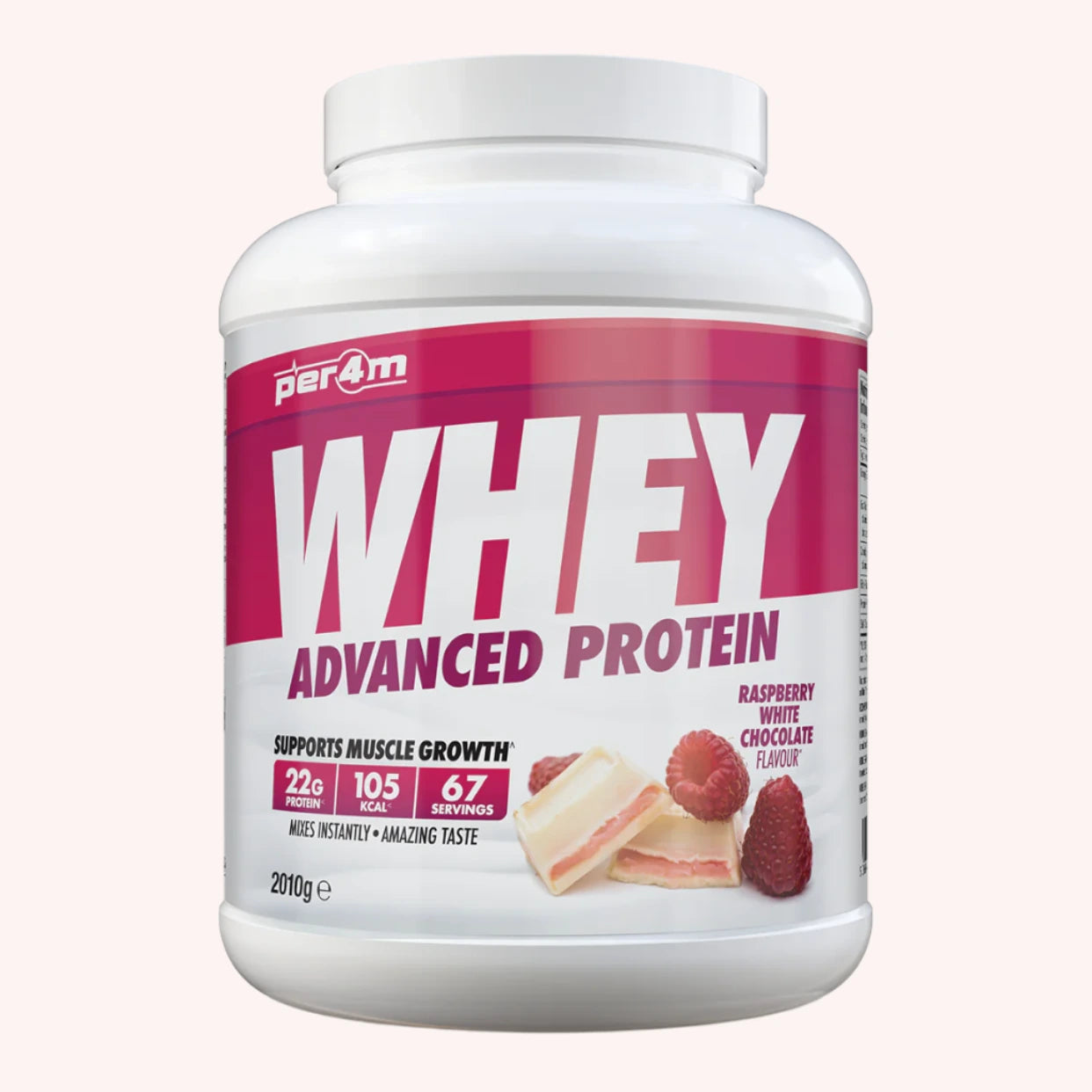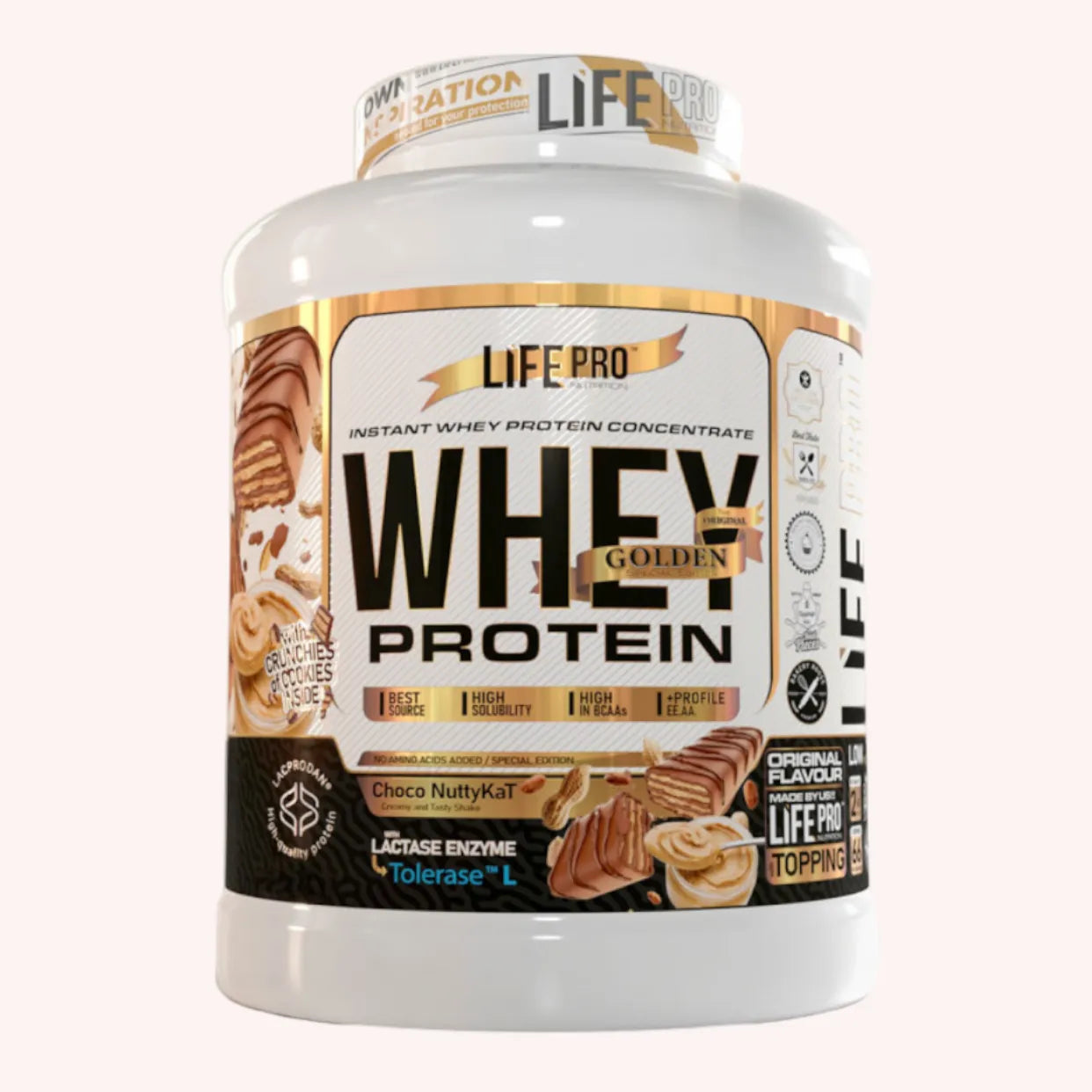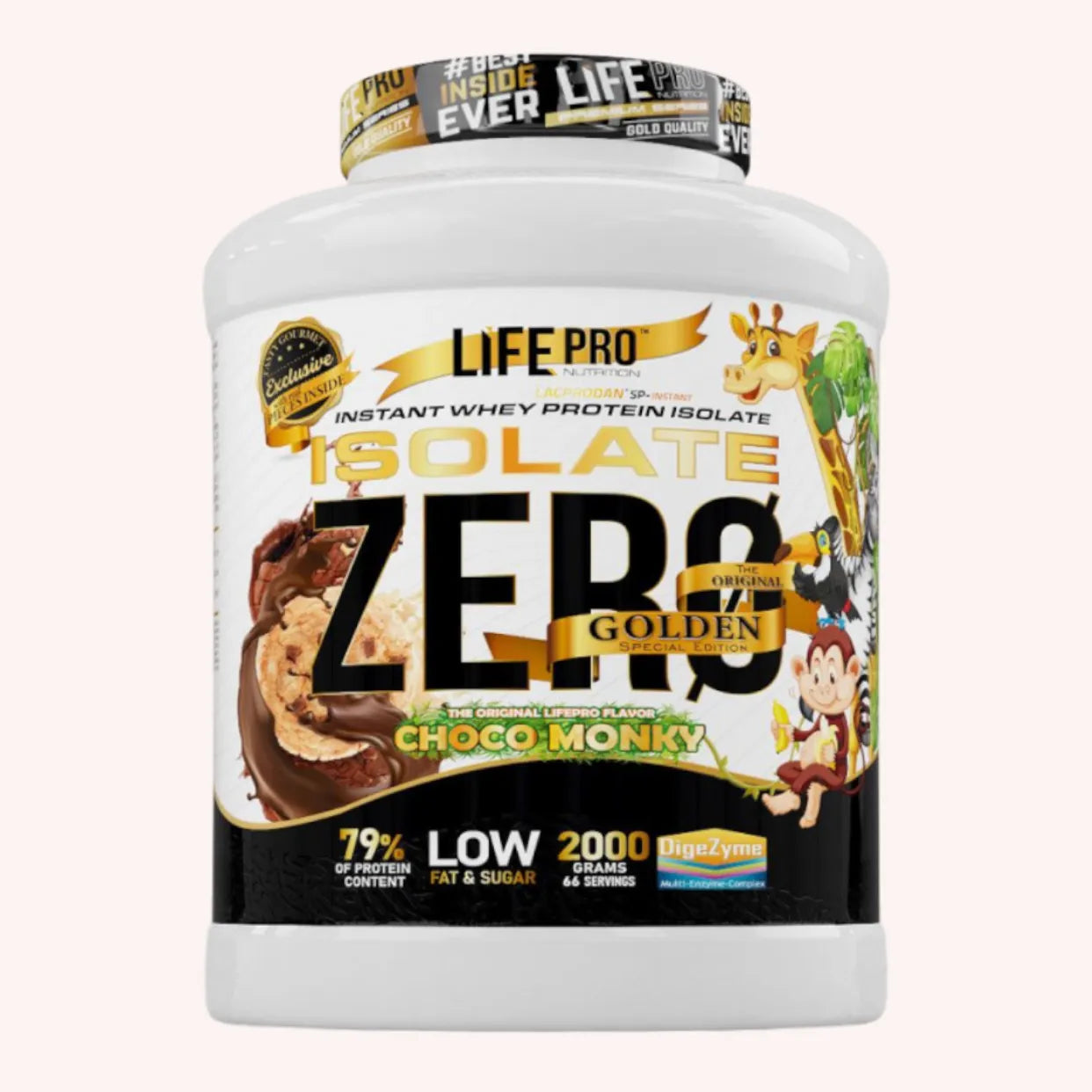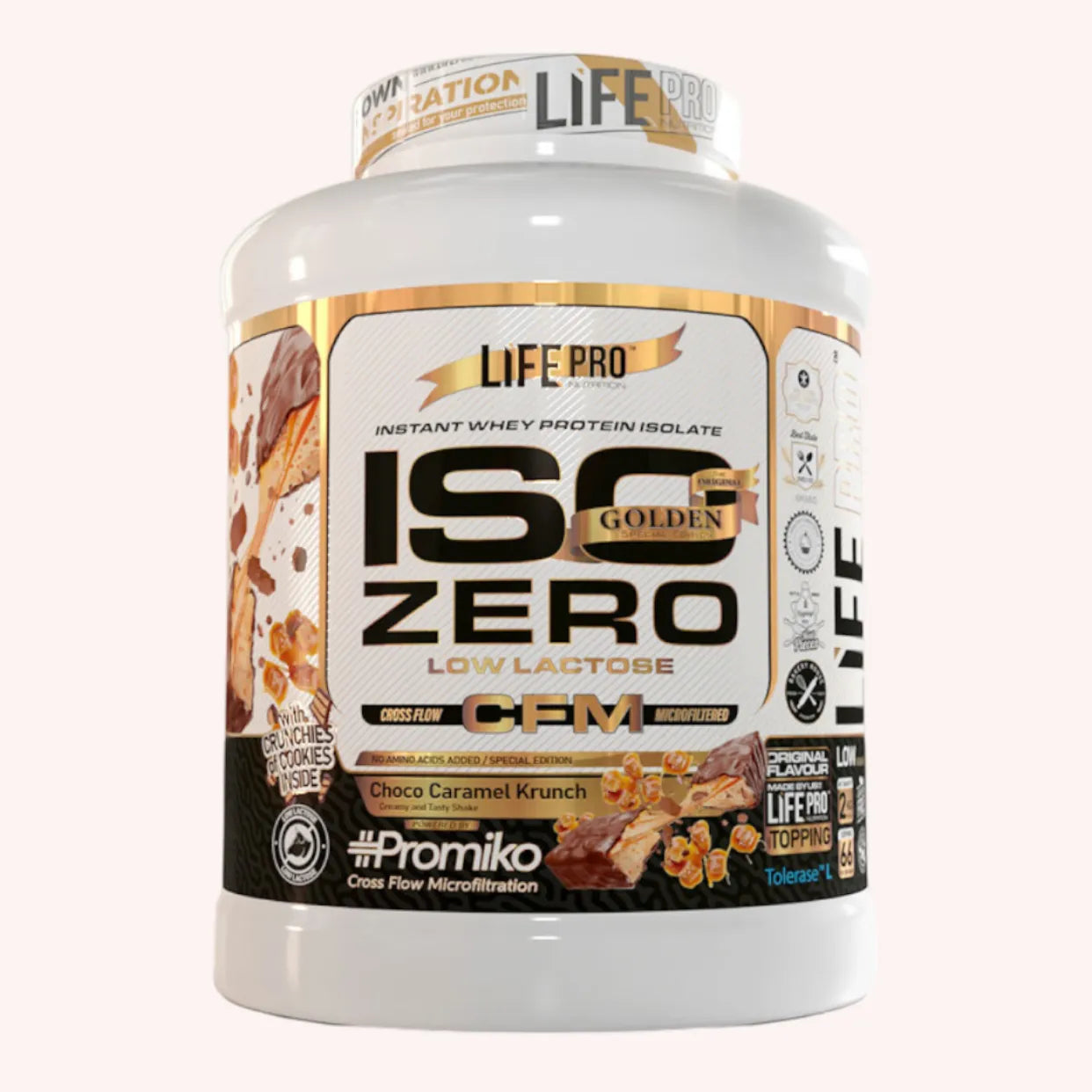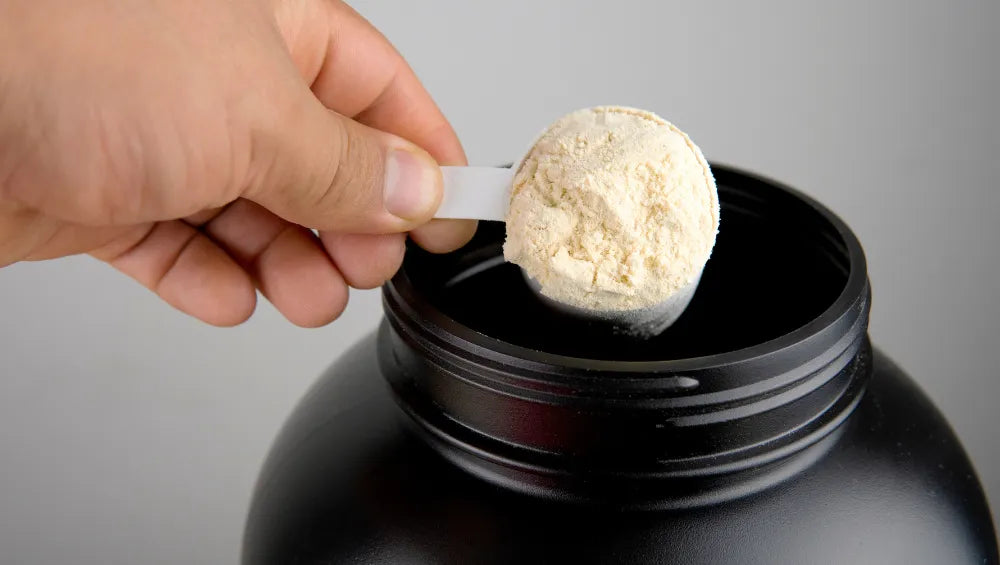Whey is today one of the most popular food supplements in the world of sport, especially for those looking to optimize their muscle recovery and achieve their goals in terms of gaining mass or staying in shape.
But the question that often comes up is: How many whey shakes should you consume per day to maximize your results?
Why consume whey?
We often wonder what whey is used for? Well, one of the main advantages of whey is its rapid assimilation. Indeed, this food supplement , derived from milk, is digested very quickly, which makes it ideal for consumption after training. Thanks to its richness in essential amino acids and BCAAs, whey supports muscle protein synthesis , thus promoting muscle recovery and growth. In addition, it offers a practical source of protein powder that is easy to integrate into your daily life, whether in the form of a shaker or mixed with other foods.
The different types of whey
There are several types of whey , each with specific characteristics that influence their use and effectiveness:
- Whey Concentrate typically contains 70-80% protein, with a small amount of carbohydrates and fat. This is the most common and often the most economical form.
- Purer, Whey Isolate It contains up to 90% protein and is virtually lactose free, making it ideal for those with intolerances.
- Pre-digested for even faster assimilation, Hydrolyzed Whey is often preferred by athletes looking for ultra-rapid absorption.
- Clear Whey is a very light and transparent form of whey, often used for refreshing shakes.
- Finally, Vegan Whey is a plant-based alternative for those who do not consume animal products.
How many whey shakes per day?
The number of whey shakes to consume depends on several factors: Your weight, your level of physical activity , your diet and your goals. Generally speaking, the protein needs for an athlete vary between 1.2 and 2.2 g of protein per kilogram of body weight per day .
Calculating your protein needs
For a 70 kg individual who regularly does bodybuilding, his daily protein needs can vary between 84 g (1.2 g x 70 kg) and 154 g (2.2 g x 70 kg). This quota includes all sources of protein (food and supplements). If you consume around 60 g of protein through your daily diet, one or two whey shakes may be enough to complete this intake.
A standard whey shake provides on average between 20 and 25 g of protein , which means that for a 70 kg individual, two shakes cover approximately half of their daily needs, in addition to their diet.
When to take whey during the day?
The timing of consumption is just as important as its quantity. But then, when should you take whey? The best times to consume your whey shake are:
- Post-workout: This is probably the most strategic time. Right after exercise, your muscles are particularly receptive to protein synthesis. A whey shake consumed within 30 minutes of your session helps speed up recovery.
- As a snack: Mid-morning or mid-afternoon, a shake can satisfy a quick protein need and stave off cravings without weighing down your stomach.
Apart from these times, you can also have a whey shake in the morning to break the night fast and provide your body with protein quickly.
What are the risks of overconsumption of whey?
While whey protein is a safe supplement for most people, overconsumption of protein can have adverse effects. Consuming too many whey protein shakes per day, beyond your protein needs, does not improve muscle mass gains . Excess protein is stored as fat if it is not used by the body, which can hinder your body composition goals.
In addition, excessive consumption can lead to digestive disorders such as bloating, abdominal cramps, or stomach aches. It is therefore essential to stay in reasonable quantities and adapted to your body to avoid any whey protein danger. Drinking enough water is also recommended to support kidney function and the elimination of waste from protein digestion.
Comparison: Casein or Whey?
Whey isn’t the only popular protein supplement. Casein is also a protein derived from milk, but unlike whey , it digests much more slowly. This makes it an ideal protein to consume in the evening, before bed, to provide a prolonged supply of amino acids throughout the night.
On the other hand, whey remains the supplement of choice for post-workout consumption, due to its rapid assimilation. The choice between casein or whey therefore depends mainly on your goals and when you want to consume your proteins.
To optimize your protein intake and achieve your physical goals, it is recommended to consume between one and two whey shakes per day , in addition to your regular diet. However, the important thing is to adjust your consumption according to your personal protein needs, your weight and your physical activity .
Whey is a practical and effective food supplement to quickly meet your protein needs, especially after training or when there is a lack of protein-rich foods. However, it must be consumed in a reasonable manner to avoid the side effects of overconsumption.
Sources:
- ANSES - "Recommended nutritional intakes for the French population" : https://www.anses.fr/fr/content/publication-des-nouvelles-r%C3%A9f%C3%A9rences-nutritionnelles-en-vitamines-et-min%C3%A9raux-pour-la
- European Food Safety Authority (EFSA) - "Dietary Reference Values for proteins" : https://www.efsa.europa.eu/en/efsajournal/pub/2557
- PubMed - "Dietary proteins for athletes: from requirements to metabolic advantage" : https://pubmed.ncbi.nlm.nih.gov/17213878/
- I nternational Journal of Sport Nutrition and Exercise Metabolism - "Effects of protein supplementation on athletic performance" : https://pmc.ncbi.nlm.nih.gov/articles/PMC6142015/
- Journal of the International Society of Sports Nutrition (JISSN) - "Protein intake and muscle mass" : https://jissn.biomedcentral.com/articles/10.1186/s12970-017-0177-8




